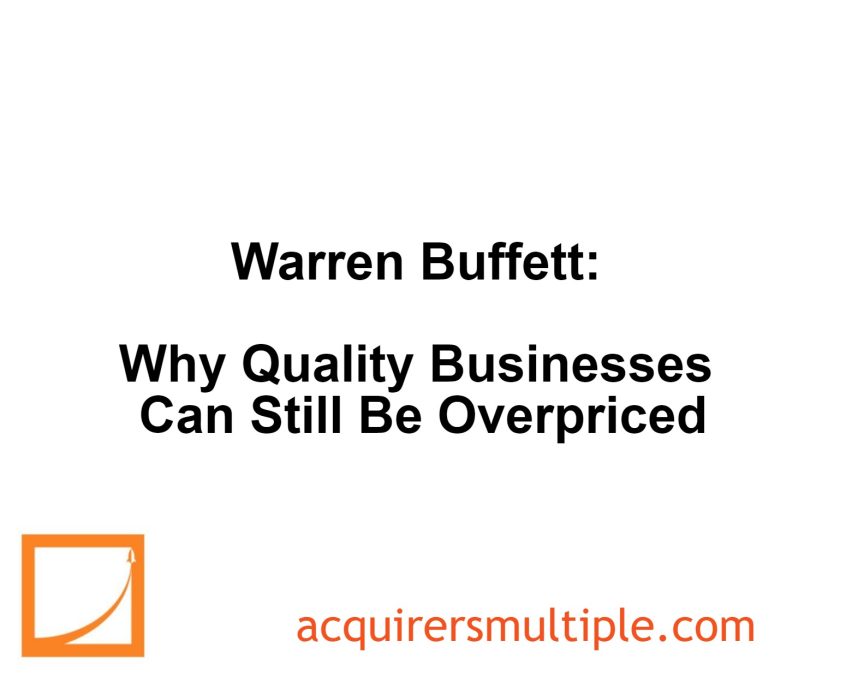During the 1997 Berkshire Hathaway Annual Meeting, Warren Buffett discussed his annual report, in which he described Coke and Gillette as “The Inevitables,” noting their exceptional businesses but warning against overpaying for their stocks, which can lead to short-term risks.
He emphasized that his praise shouldn’t be seen as an unqualified buy recommendation. Buffett reflected on his evolution from being overly price-conscious to recognizing the importance of the business’s quality over slight price differences.
He clarified that his remarks were not market predictions but focused on valuing businesses accurately, despite the challenge of finding undervalued ones. This cautious approach aims to prevent misinterpretation by less experienced investors.
Here’s an excerpt from the meeting:
Buffett: Because what I was doing in the annual report is I had talked about Coke and Gillette as being “The Inevitables,” and what wonderful businesses they were. I thought it appropriate, particularly since the report goes to a lot of people, that they would not take that as an unqualified buy recommendation about the companies because they’re absolutely wonderful companies run by outstanding managers.
But you can pay too much, at least in the short run, for businesses like that. So I thought it was only appropriate to point out that no matter how wonderful a business is, there always is a risk that you will pay a price where it will take a few years for the business to catch up with the stock.
The stock can get ahead of the business. I don’t know where that point is with those companies or any other companies, but I did say that I thought the risks were fairly high that this situation existed with most securities in the market, including companies such as “The Inevitables.”
It was designed to ensure that people did not take the remarks I made about those companies as an unqualified buy recommendation regardless of price. We have no intention of selling those two stocks. We wouldn’t sell them if they were selling at prices considerably higher than they are now. But I didn’t want relatively unsophisticated people to see those names and think, “This guy is touting these as a wonderful buy.”
Generally speaking, I think if you’re sure enough about a business being wonderful, it’s more important to be certain about the business being wonderful than it is to be certain that the price is not 10 percent too high or 5 percent too high or something of the sort.
That’s a philosophy that I came to slowly. I was originally incredibly price-conscious. We used to have prayer meetings before we would raise our bid an eighth around the office. (Laughter)
But that was a mistake, and in some cases, a huge mistake. We’ve missed things because of that. What I said in the report was not a market prediction in any sense. We never try to predict the stock market.
We do try to price securities. We try to price businesses. We find it hard to find wonderful, good, average, substandard businesses that look to us like they’re cheap now. But you don’t always get a chance to buy things cheap.
You can watch the entire meeting here:
For all the latest news and podcasts, join our free newsletter here.
Don’t forget to check out our FREE Large Cap 1000 – Stock Screener, here at The Acquirer’s Multiple:



